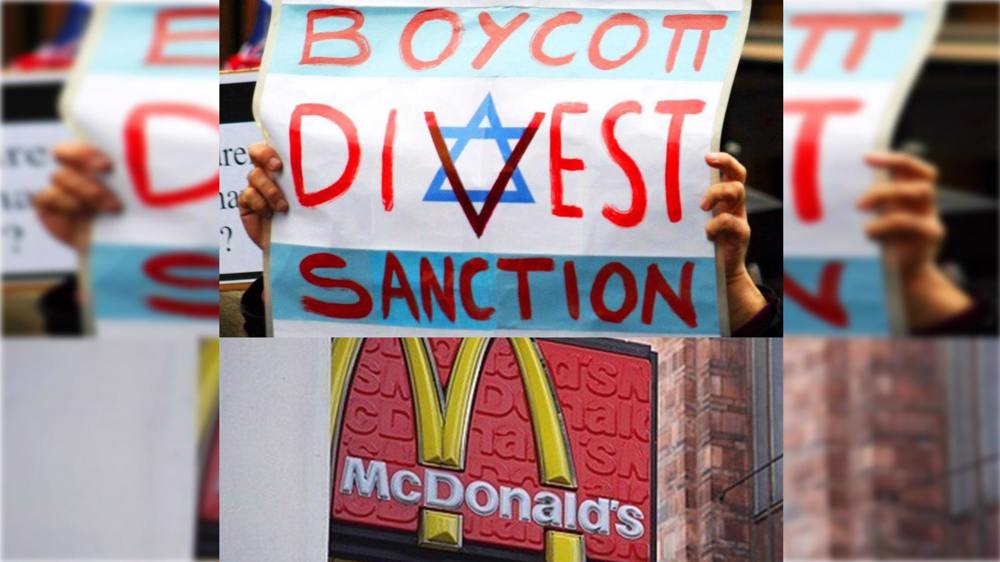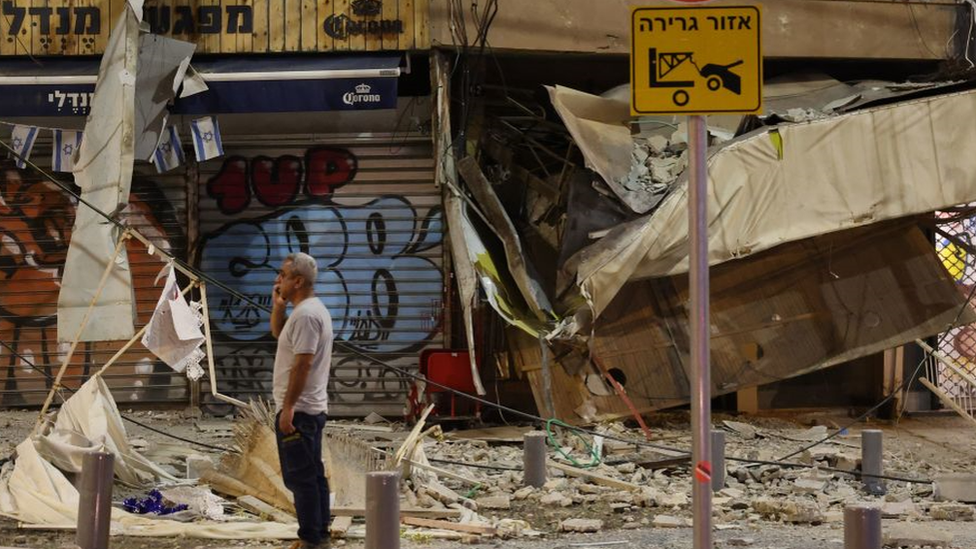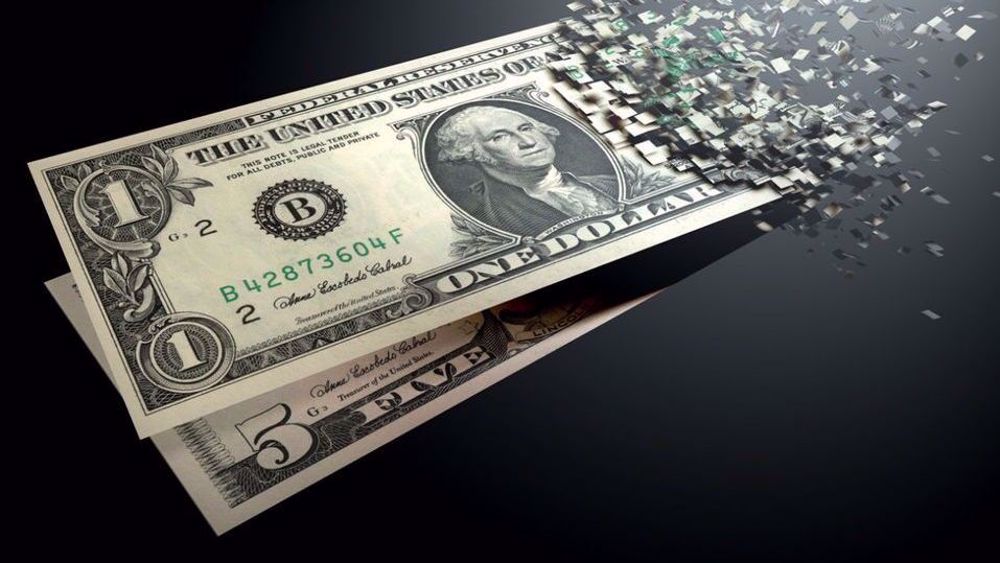Tunisia's economic struggle
In January 2011, weeks-long street protests and civil disobedience resulted in regime change in Tunisia. The uprising was triggered by self-immolation of a young Tunisian in protest at economic hardship the 26-year-old Mohamed Bouazizi and his family had endured for years.
The revolution was followed by promising changes in the country’s economic structure. The government was crippled with debt . Youth unemployment rate stood at 40 percent. the economy also suffered due to a weak tourism sector which suffered after the revolution. Tourism accounted for around seven percent of Tunisia’s gross domestic product.
The already dire situation worsened in the wake of a series of deadly terrorist attacks which targeted resorts, popular with European visitors. Tunisia’s tourism minister said in September 2015 that foreign visitor numbers were reduced to four million compared to the five million who visited the country in 2014. African Development Bank Group predicted a 3 percent growth in Tunisia’s 2015 budget. But it stood at zero-point-five percent in the end, citing a a number of factors as the reasons behind the economic stagnation. The contraction of non-manufacturing industries notably oil production and an almost complete halt in phosphate mining in the country due to terror attacks were among the reasons.
After the 2011 revolution, the Tunisian government began combating the widespread corruption. It launched a massive anti-graft operation called Main Propres aka Clean Hands. Authorities froze the assets of businessmen suspected of corruption. The Tunisian Central Bank devised plans aimed at overhauling the country’s banking system. Public and private banks make up almost fifty percent of Tunisia’s financial market capitalization. Despite reforms in the banking system, some economists mainly blame Tunisia’s banks for the country’s economic challenges. They have underlined the need to promote banking governance amid the high number of non-performing loans made by public banks. This comes as the significant proportion of bank board members hold political office at the same time. Other problems include weak capitalization, poor quality assets and a lack of adequate funds to cover the risk of default.
Iran sufficed to striking part of Israel’s military positions: FM to UN chief
IRGC: Israel’s Dimnoa nuclear reactor not among Op. True Promise’s targets
'Stop any further Israeli adventurism,' Iran FM tells Security Council
Google fires 28 employees for protesting military deal with Israel
Burkina Faso expels three French diplomats over ‘subversive activities’
Iran slams G7 statement, vows no iota of doubt to respond to aggression
German authorities arrest Jewish activist over pro-Palestinian demos
Far-right Israeli minister calls for execution of Palestinian prisoners









 This makes it easy to access the Press TV website
This makes it easy to access the Press TV website